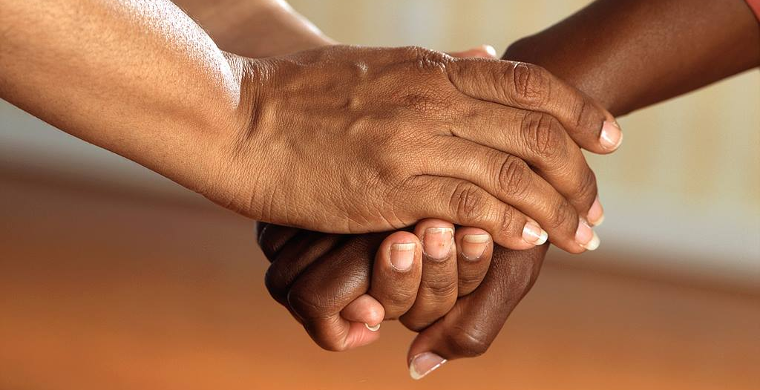PASTORAL CARE
Duane W.H. Arnold, PhD
Special to VIRTUEONLINE
www.virtueonline.org
April 18, 2021
As we emerge from the pandemic, I wonder if pastoral care will return. Now, there seemed to be little enough traditional pastoral care pre-Covid and it seems possible that the crisis of the last year may hasten its demise entirely. Owing to social distancing and mitigation protocols, the last year has seen the suspension of many aspects of pastoral care. Hospital visitations came to an abrupt halt. The same was true of nursing homes and assisted care facilities. Home visitations, or even just having a cup of coffee with a parishioner, became impossible. Weddings rescheduled and pre-marital counseling, for the most part, fell by the wayside. Even funerals and caring for the families who had lost a loved one became truncated, often consisting of a simple graveside service with few in attendance.
Admittedly, as indicated above, traditional pastoral care was already on the wane before we were confronted with this most recent crisis.
I think this had something to do with expectations on both sides of the equation, that is, the expectations of those administering pastoral care, as well as the expectations of the recipients of such care.
In my seminary training, as well as in my parish experience, there was a single command with regard to pastoral care, "You shall attend!". That rule was inviolable regardless of whether I was the pastor of a Calvary Chapel or on the staff of an Episcopal Cathedral. That rule held true regardless of whether I was negotiating the canyons of New York City in a taxi or driving through corn fields in western Ohio to find the to find the home of a parishioner. In seminary, we were assigned to a local hospital and trained in the process of visitation. We learned to visit the nursing station on the floor first to ascertain the condition of the patient and to be advised as to how long to be with them. We learned to wash our hands before and after the visit. We were taught the importance of touch, of presence, of prayer. These are lessons I still remember.
Later, in parish settings, I always had a visitation list. It was not a choice. In Detroit, two days out of the month were spent visiting fourteen nursing homes to see elderly members of the congregation. In NYC, a list of housebound parishioners was divided up among the staff for visitation twice a month. When approached to do a wedding, you were responsible for the pre-marital counseling, the planning, the rehearsal and all that would take place on the day. Likewise, when a death occurred you were expected to be present, to care, to counsel, to pray and to lead the family through the funeral, and to comfort them afterwards. All of this was normal. This, of course, is not to mention the myriad of other pastoral contacts that could range from helping to discern a vocation to ministry to calming a crisis in a church committee.
If you could preach well, or teach effectively, it was a bonus. If, however, you could not exercise pastoral care, you would not last very long.
In many circles, however, pastoral care is the exception rather than the rule. Some clergy who prioritize preaching and teaching assign such duties to others or, in some cases, simply do the bare minimum and only when required. Additionally, many lay people in congregations have no real expectations with regard to pastoral care. Perhaps this is the truth of the matter, to receive pastoral care you have to know what it is. Moreover, once you know what it is, you have to desire it. In the end, pastoral care is a lifelong conversation between the priest/pastor who has been called to serve and those who are being served. It is a conversation that brings life to both.
As we emerge from this pandemic, we can only hope that this conversation will not be silenced. If it is, all of us will be the poorer for its loss.
Duane W.H. Arnold, PhD
The Project














